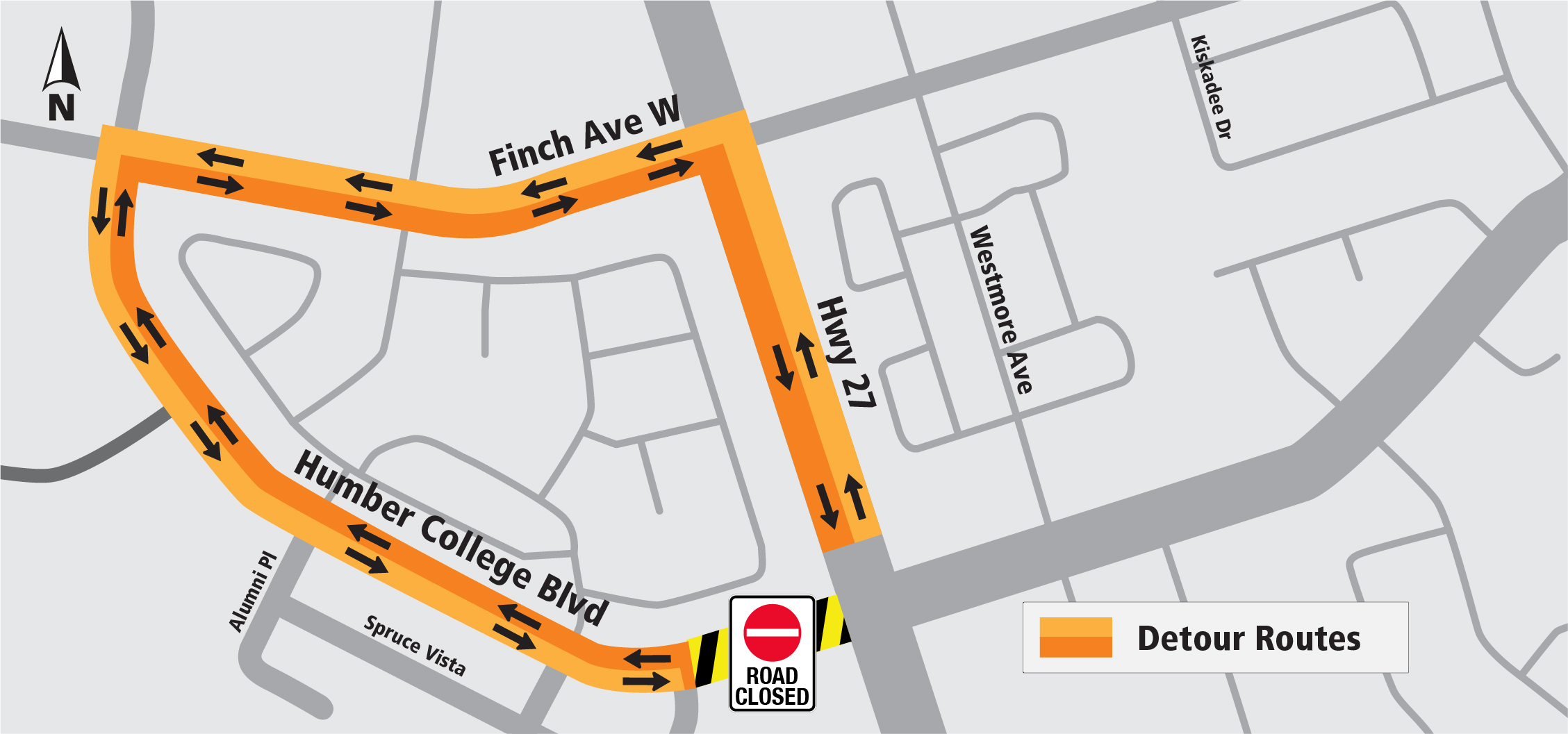Dear faculty, staff and academic partners,
We hope the summer semester is going well. Testing Services is pleased to announce that we will be open over the final exam period from August 9 to 13, 2021, for UNB Nursing students and Guelph-Humber learners and for Humber learners from August 16 to 24, 2021.
Hours of operation: 10 a.m. to 3 p.m.
We are opening with the understanding that a majority of the assessment delivery for courses will continue to support learners and provide testing, which was done over the winter 2021 final examination period. However, we understand that the accommodation needs of some learners cannot be met in this manner, and it is in these unique circumstances that we will focus on during this period. These unique accommodations include, but are not limited to:
- Supervising extra breaks
- Invigilation conflicts with assistive technology needs
- Paper-based examinations
- Environmental/space considerations
- Computer-assisted testing which is not possible at a learner’s home
- Require a reader/scribe
We will continue to be in compliance with public health guidelines and will operate with a maximum capacity of 14 persons in our spaces at any given time, including staff. Therefore, we will be able to serve no more than ten (10) learners at both centres at any given time.
The request to write in Testing Services must be done in consultation with the learner’s Accessibility Consultant, professor, and/or Associate Dean/Program Head prior to submitting the test to Testing Services in sufficient time.
We require faculty to provide submissions to us using the Blackboard Test Referral Form or through the Online Test Submission portal through Register Blast. We will not be accepting any physical test submissions at either centre, nor will we be allowing faculty to pick up completed tests during this time.
Faculty that have registered with our Online Submission Service will have any completed exams returned to them via their Humber or UofGH email addresses. Remote invigilation is also available through the use of MS Teams or another platform, if necessary.
Any questions regarding our Online Test Submission service or remote invigilation can be forwarded to us by email at testingservicesnorth@humber.ca or testingserviceslake@humber.ca.
In order to avoid any delays and mitigate any barriers to the test process, we ask that faculty submit their final exams to Testing Services as per the following deadlines:
| Final Exams to be written the week of August 9, 2021 | Must be submitted to Testing Services by Friday August 6, 2021 at 2 p.m. |
| Final Exams to be written the week of August 16, 2021 | Must be submitted to Testing Services by Friday, April 13, 2021 at 2 p.m. |
| Final Exams to be written the week of August 23, 2021 | Must be submitted to Testing Services by Friday August 20, 2021 at 2 p.m. |
Learners that will be completing their final exams at Testing Services will be required to schedule an appointment in advance on our website. As we did during the winter final exam period, we will not be able to accommodate walk-ins during this time.
For booking at North Testing Services, please have students click here (https://canada.registerblast.com/humbernorth/Exam/List), and for Lakeshore Testing Services, click here (https://canada.registerblast.com/humberlakeshore/Exam/List).
Learners are asked to bring only the supplies or items that they need to complete testing and adhere to all physical distancing and COVID-19 protocols as required to maintain a safe testing environment for all.
We look forward to supporting our learners during this time.
Shane Bentham
Manager, Testing and Integrated Services




